The Sedition Act of 1918 was enacted on May 16, 1918 to extend the Espionage Act of 1917.
The Sedition Act covered a broader range of offenses, notably speech and the expression of opinion that cast the government or the war effort in a negative light or interfered with the sale of government bonds.
Howard Zinn noted in an article in The Progressive (July, 2006):
Woodrow Wilson’s decision to bring the United States into the First World War brought widespread opposition. To suppress this, the government adopted legislation — the Espionage Act, the Sedition Act — which led to the imprisonment of almost a thousand people. Their crime was to protest, by speech or writing, U.S. entrance into the war. Another law provided for the deportation of aliens who opposed organized government or advocated the destruction of property.
Eugene V. Debs was one of the many people arrested under the Sedition Act. Here is a reading of the speech he was giving in Canton, Ohio when he was arrested, from Voices of a People’s History of the United States.
Learn about the 79 people convicted of sedition in Montana in 1918 and 1919 in the article Montana’s Sedition Act.




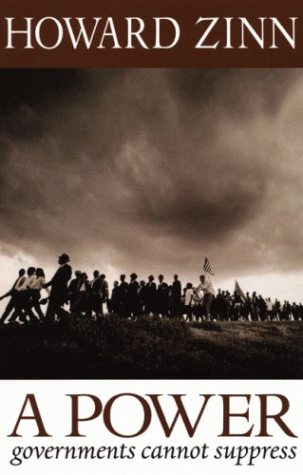

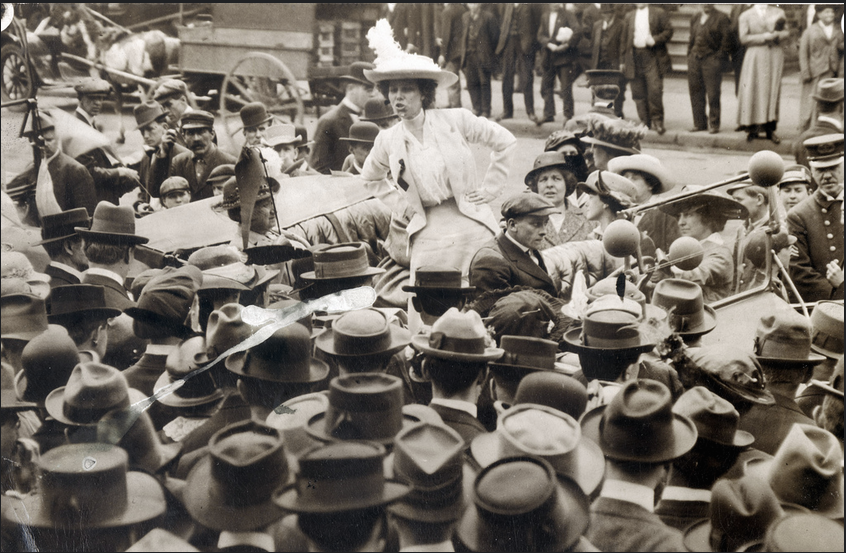
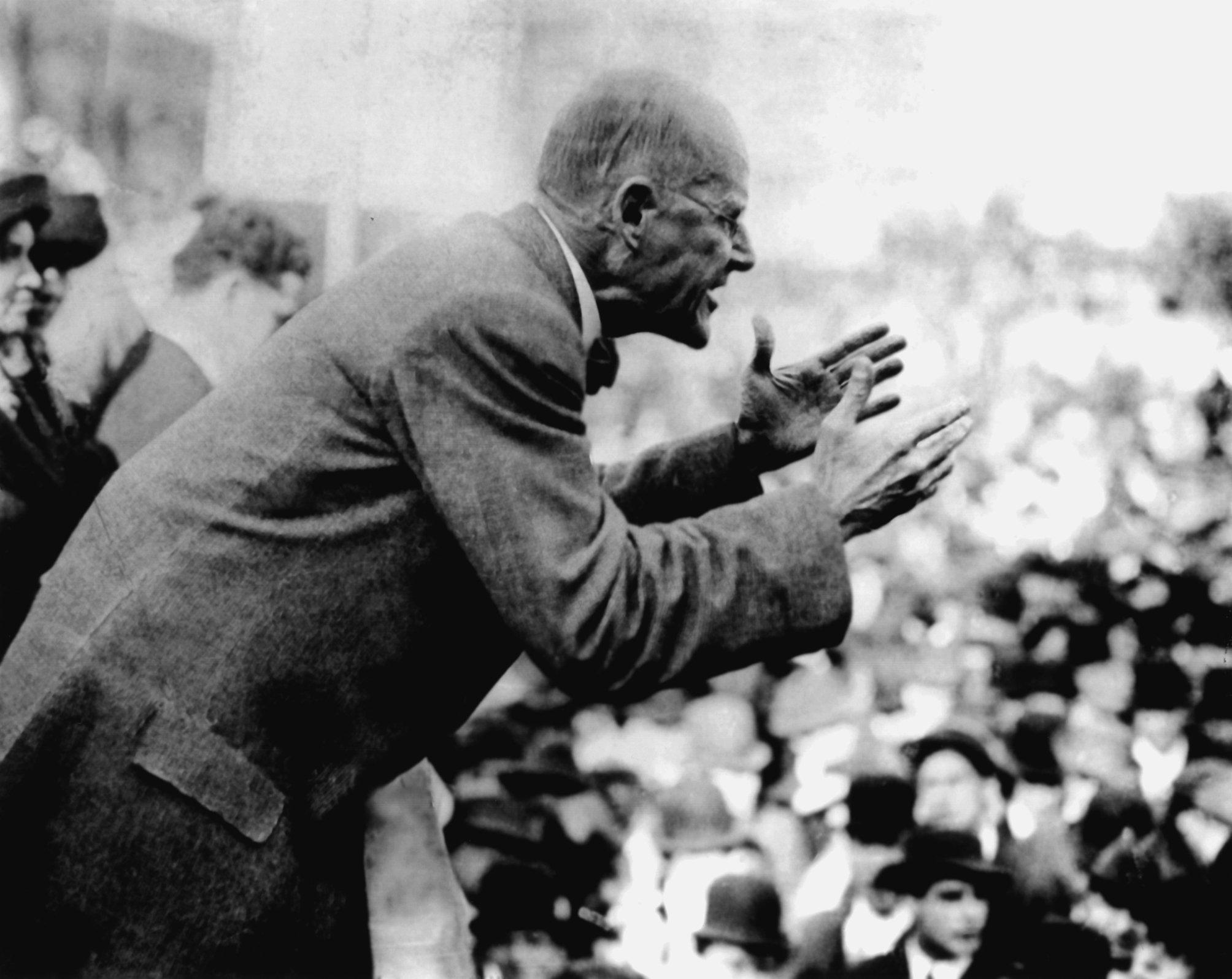

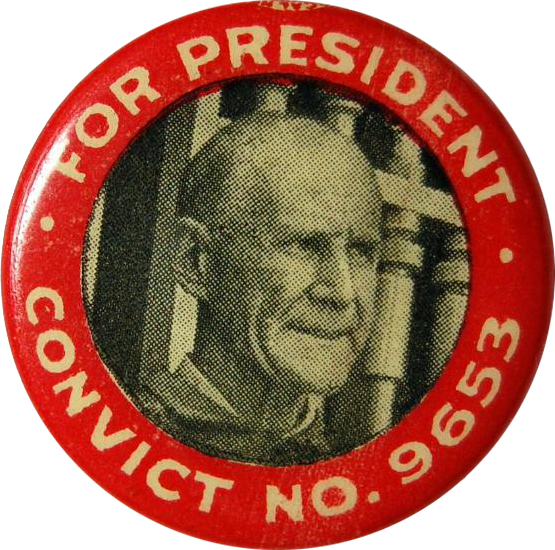

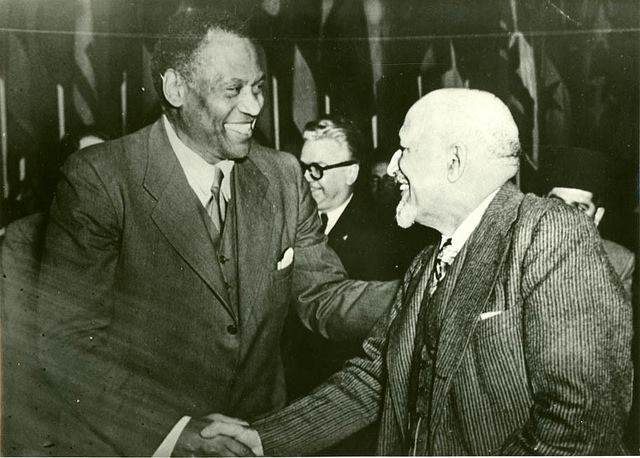





Twitter
Google plus
LinkedIn